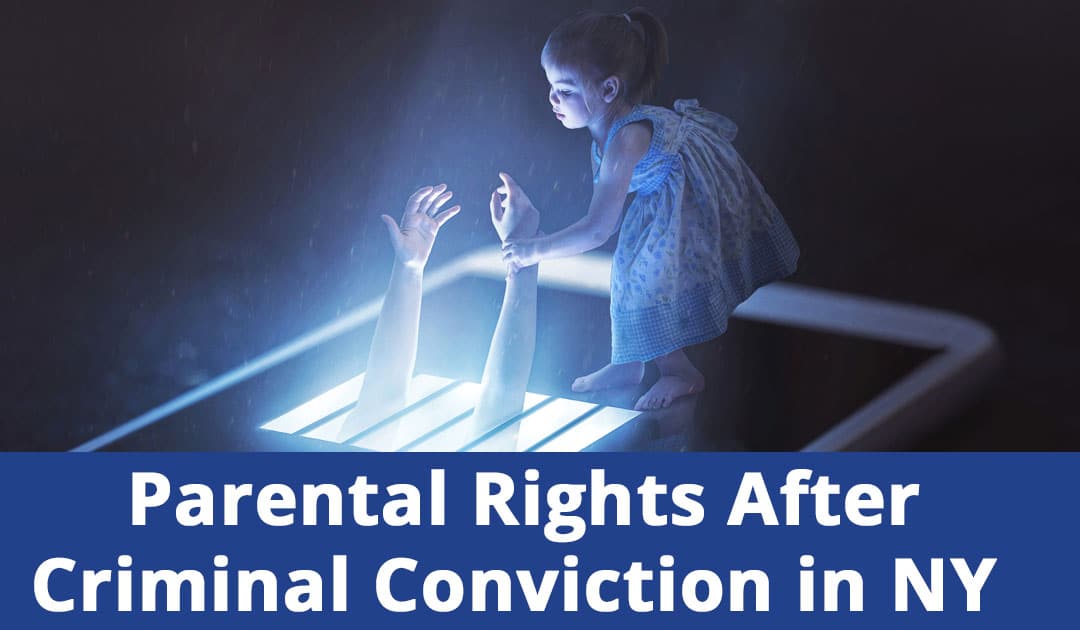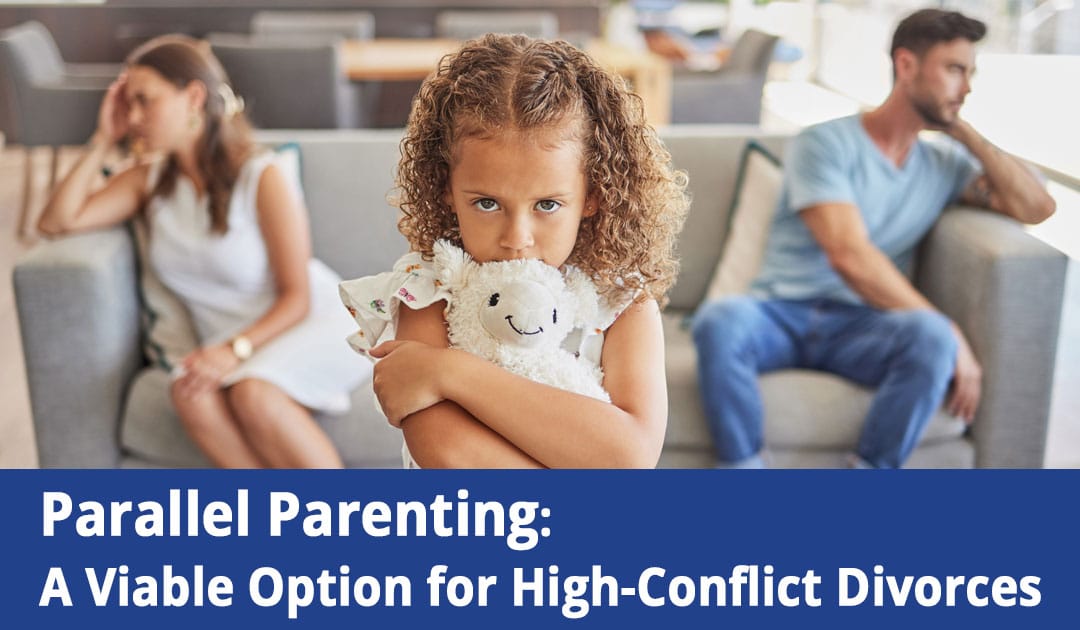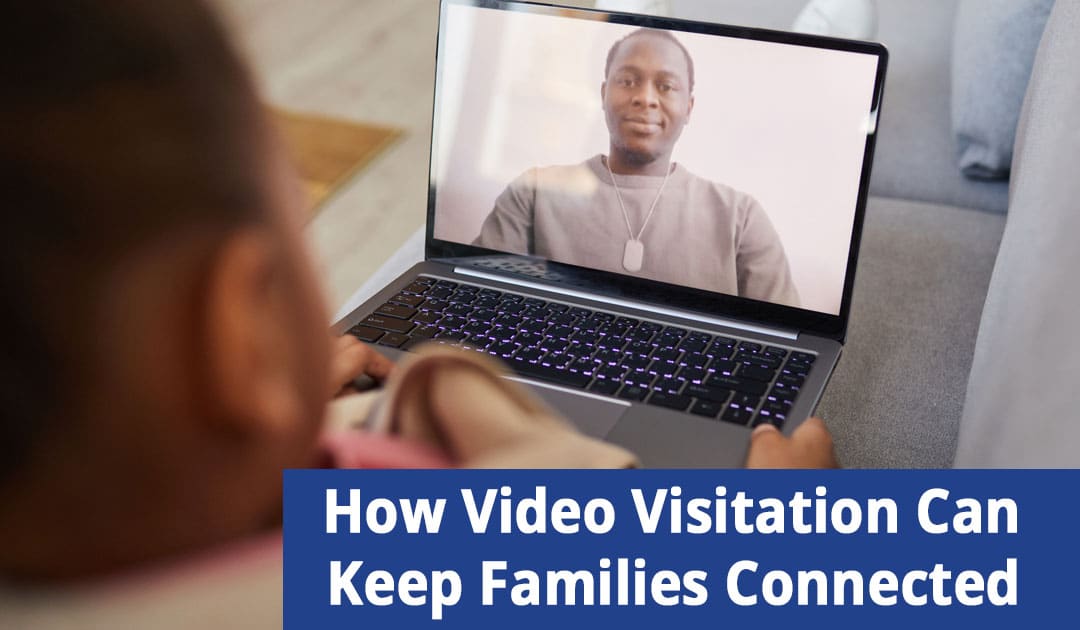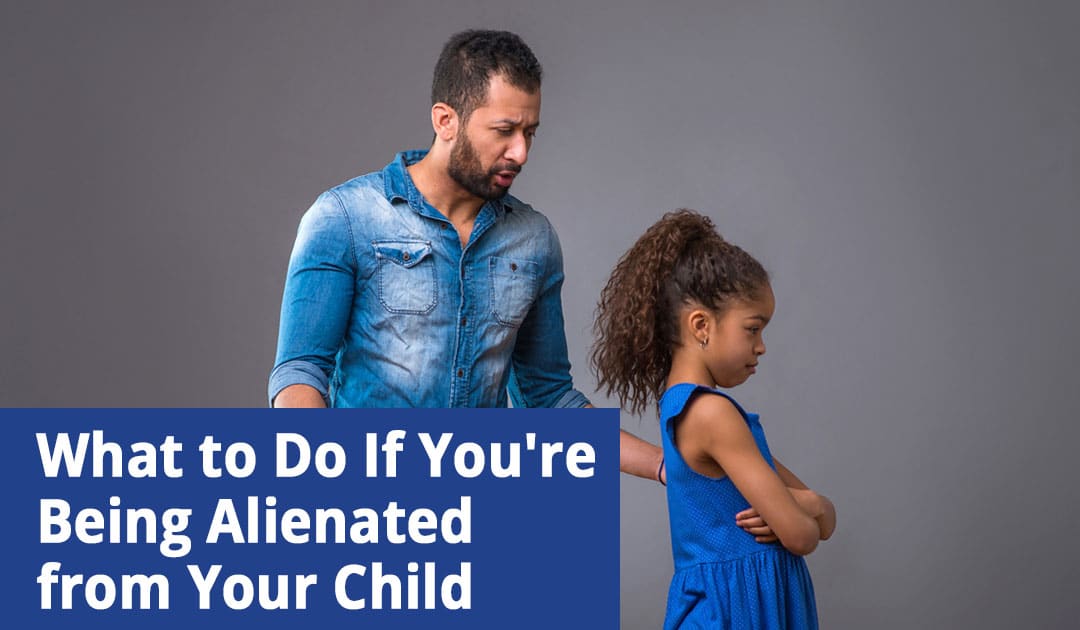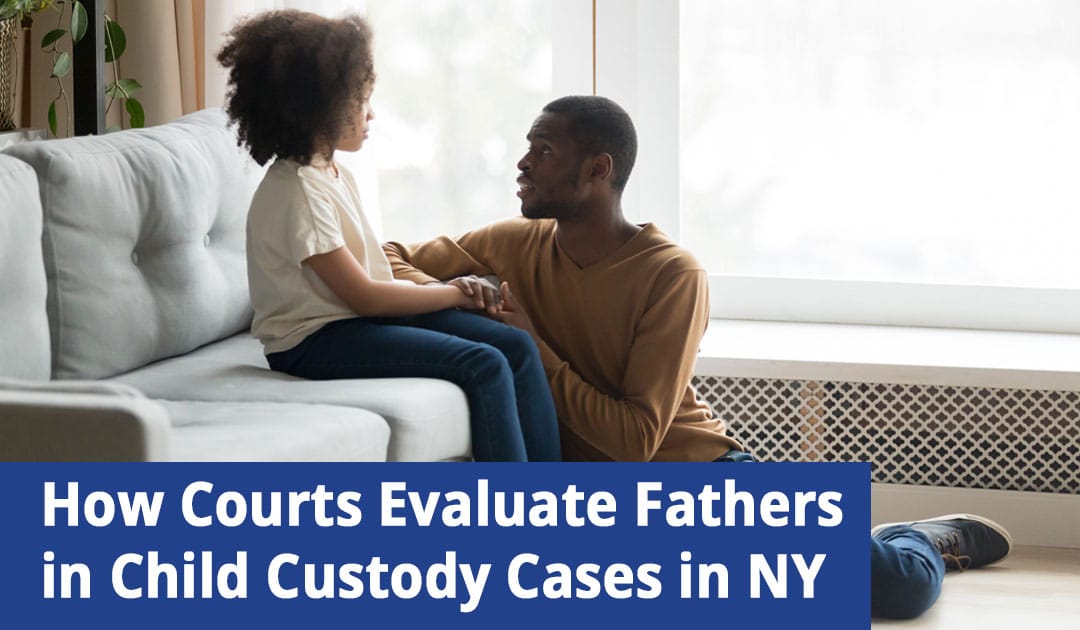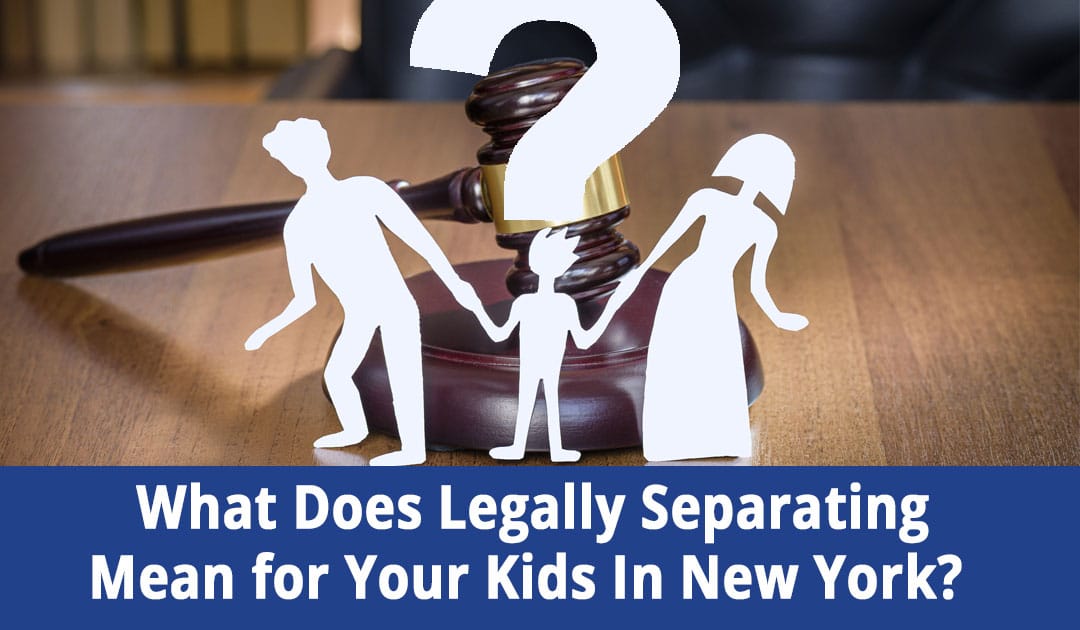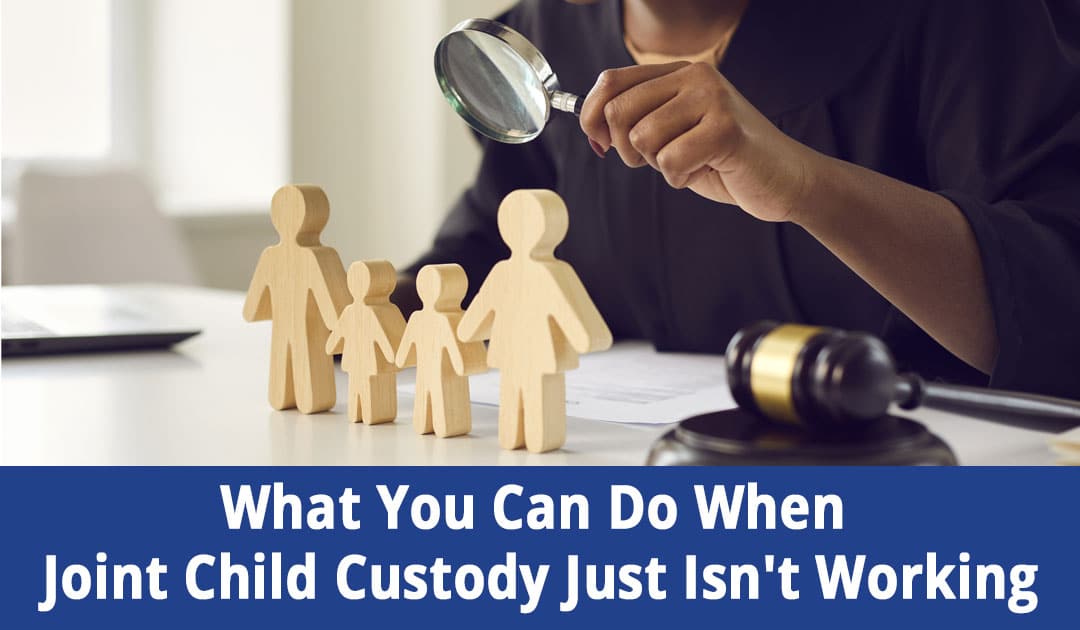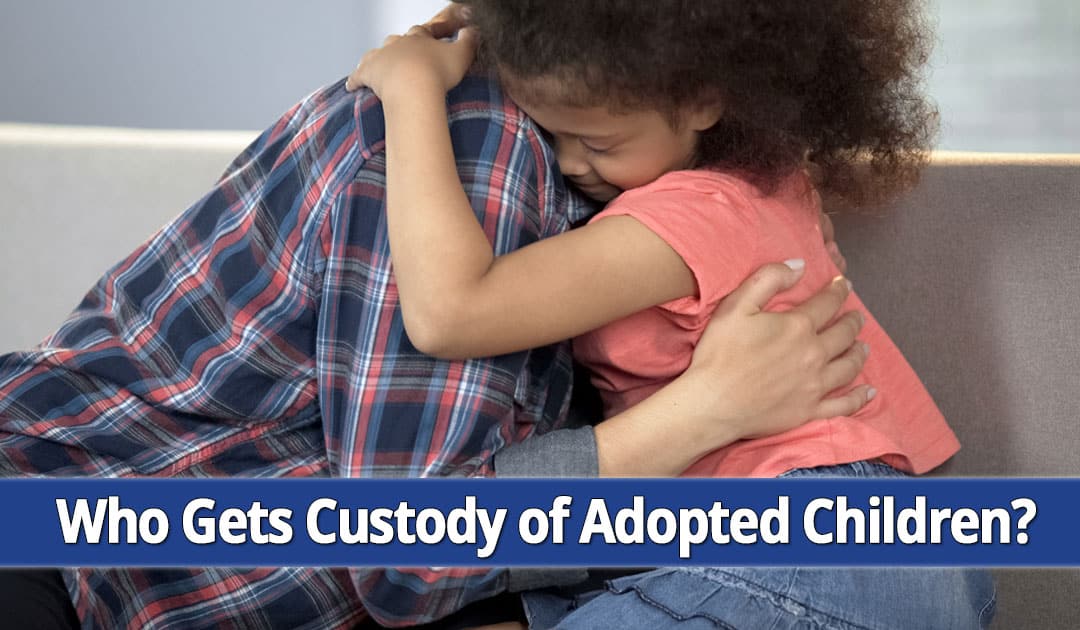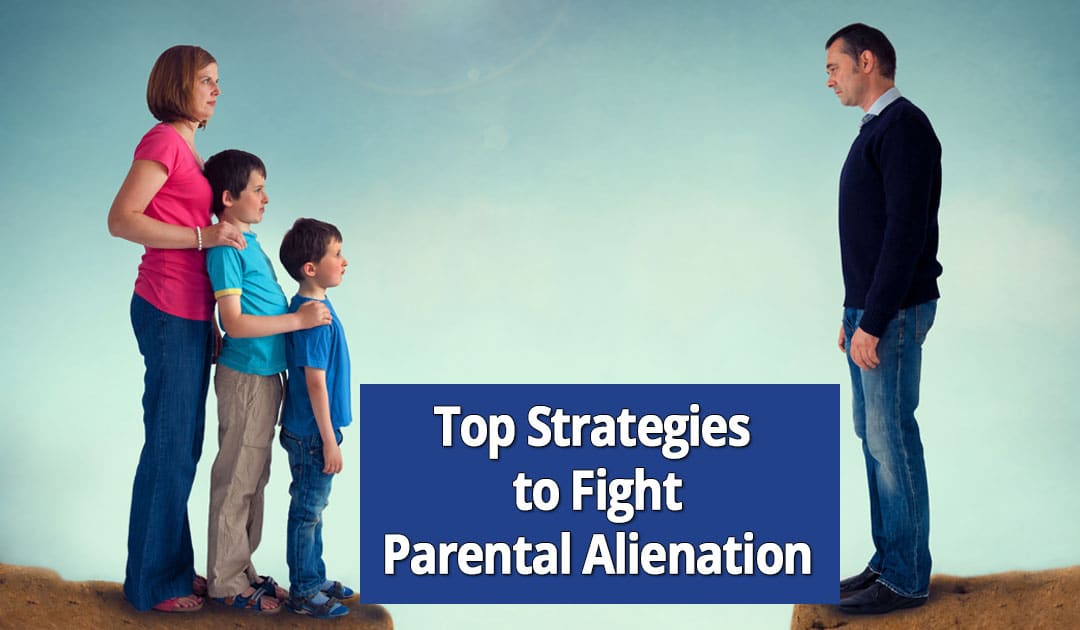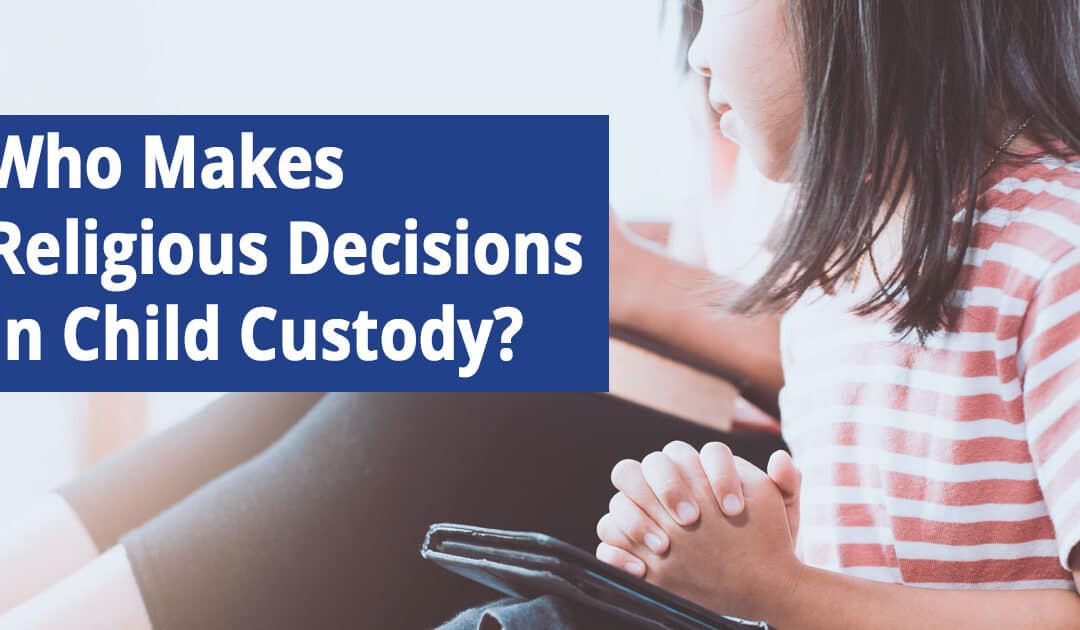
Who Makes Religious Decisions in a New York Child Custody Case?
Who Makes Religious Decisions in a New York Child Custody Case?
You have very strong religious beliefs you want to instill in your child as they get older, but their other parent is very much against your wishes. Who makes religious decisions for a child under New York state law? Like all other major child-rearing decisions, religion can be a difficult issue to navigate when your co-parent objects.
Child custody and the decision-making that comes with are some of the most complex and challenging aspects of any divorce. It’s a bit easier to manage when parents agree on important topics, such as education and healthcare, but when you can’t agree, the law offers some insights into who gets to make what decisions for the child. Let’s take a look at how religion-based decisions are made in New York state courts.
Long Island, NY Has a Diverse Mix of Religions
People in New York, as elsewhere in the world, are passionate about their religion. The Pew Research Center found that, across New York, about 60% of people identify as Christian, with 31% as Catholic, 11% as Mainline Protestant, and 10% as Evangelical Protestant. About 12% follow a non-Christian faith, with about 7% aligning with the Jewish faith and 2% with Muslim. Only about 5% state they are atheists. With so much diversity, it’s easy to see that religion could become a very big factor in any child custody matter.
Decision-Making in a Long Island, NY Divorce Case Comes Down to the Best Interests of the Child
New York Courts require that all decisions made for a child are made in the best interests of that child. Who can say, though, that one religious practice or another is “best?”
First, if there is no court order in place for the child, either parent can make those decisions, and both share equal rights to do so. Let’s assume you are divorcing and working toward a child custody agreement.
Who has legal custody?
Under New York state law, the parent with legal custody of the child has the right to make key decisions about the child’s religious upbringing. Legal custody will be clearly defined and awarded in most child custody battles. In cases of sole legal custody, that person is the decision maker.
What happens in joint custody matters?
In some custody battles, the court awards joint custody, meaning both parents share the right to make decisions regarding medical care, religion, and education. In this situation, the court expects both parents to work together to resolve disagreements like this. Ultimately, in this case, both parents must agree on the decision.
What happens when you do not agree?
Religion is a very complicated topic, and some divorces happen as a direct result of the spiritual beliefs of one parent or the other. When you cannot come to an agreement about the decisions for your child, the court will have to decide this issue for you.
The U.S. Constitution forbids any court from deciding what religion a child should practice. However, it can assign specific rights to make that decision to one parent. The court can provide one parent with a “spheres of influence” designation. This means that parent is given the right to make decisions about one specific topic for the child, such as religion, even if sole legal custody is not awarded to that person. It’s wise that if you’re going to ask the court to make such an important decision, you have an experienced Long Island, NY child custody attorney ready to help you navigate this process.
How Does the Court Decide Who Should Make Religious Decisions?
Assigning legal custody or granting a sphere of influence to one parent is done based on all available facts. Some of the key areas the court will consider include:
- The religious history of the family. Has the family followed a religion for a long time? If the child is older and has spent 10 years focused on one religion, but a parent wishes to change that to a different religion, the court may be more likely to side with the long-term beliefs.
- The impact of a religion-based change on the child. What is in the best interests of the child from the perspective of the court? How will a change impact the child?
- Safety and health risks. If there are significant concerns about the safety or health of a child if they were to follow one religion or another, that could be considered an important factor.
Keep in mind that New York state courts cannot tell the other parent to hide their religion or lack of religion from the child, even if they do not have sole legal custody. That means the court cannot tell one parent not to talk about their religion with their child. If you feel your child is at risk in any way, contact our veteran child custody attorneys on Long Island, NY for immediate help.
What Decisions Can the Parent with Legal Custody Make?
When a parent has legal custody of a child, they can make decisions for all aspects of the upbringing of that child, including:
- If a religion is followed
- The child’s religious education
- Religious-based diets
- Religious ceremonies
- Practices in the home that are religion-based
Are You Struggling with Determining the Religious Beliefs of Your Child? Let Our Skilled Divorce Attorneys on Long Island, NY Help You
Whether you want to fight for sole legal custody or are facing risks to your child’s wellbeing and hope to have existing judgments changed, our highly compassionate and skilled child custody attorneys are ready to help you.
Contact our Long Island law firm now for a complimentary divorce and family law consultation at 631-923-1910.
GET YOUR FREE CONSULTATION TODAY
Call 631-923-1910 or fill in the form below

Get your complimentary consultation and case evaluation with our experienced attorneys today.
Your attorney will describe the many options available and determine together which is the right solution for you. By the end of this conversation, we’ll all understand how we can best help you to move forward.
No Cost or Obligation
There is no cost or obligation for this initial consultation. It is simply an opportunity for us to get to know each other, answer your questions and learn if Hornberger Verbitsky, P.C. is right the right law firm for you. Give us a call at 631-923-1910 or fill in the short form below for your free consultation and case evaluation.
All Fields Are Required
About the Author
Robert E. Hornberger, Esq., Founding Partner, Hornberger Verbitsky, P.C.
- Over 20 years practicing matrimonial law
- Over 1,000 cases successfully resolved
- Founder and Partner of Hornberger Verbitsky, P.C.
- Experienced and compassionate Long Island Divorce Attorney, Family Law Attorney, and Divorce Mediator
- Licensed to practice law in the State of New York
- New York State Bar Association member
- Nassau County Bar Association member
- Suffolk County Bar Association member
- “Super Lawyer” Metro Rising Star
- Nominated Best of Long Island Divorce Attorney four consecutive years
- Alternative Dispute Resolution Committee Contributor
- Collaborative Law Association of New York – Former Director
- Martindale Hubbell Distinguished Designation
- America’s Most Honored Professionals – Top 5%
- Lead Counsel Rated – Divorce Law
- American Institute of Family Law Attorneys 10 Best
- International Academy of Collaborative Professionals
- Graduate of Hofstra University School of Law
- Double Bachelor’s degrees in Philosophy, Politics & Law and History from SUNY Binghamton University
- Full Robert E. Hornberger, Esq. Bio














